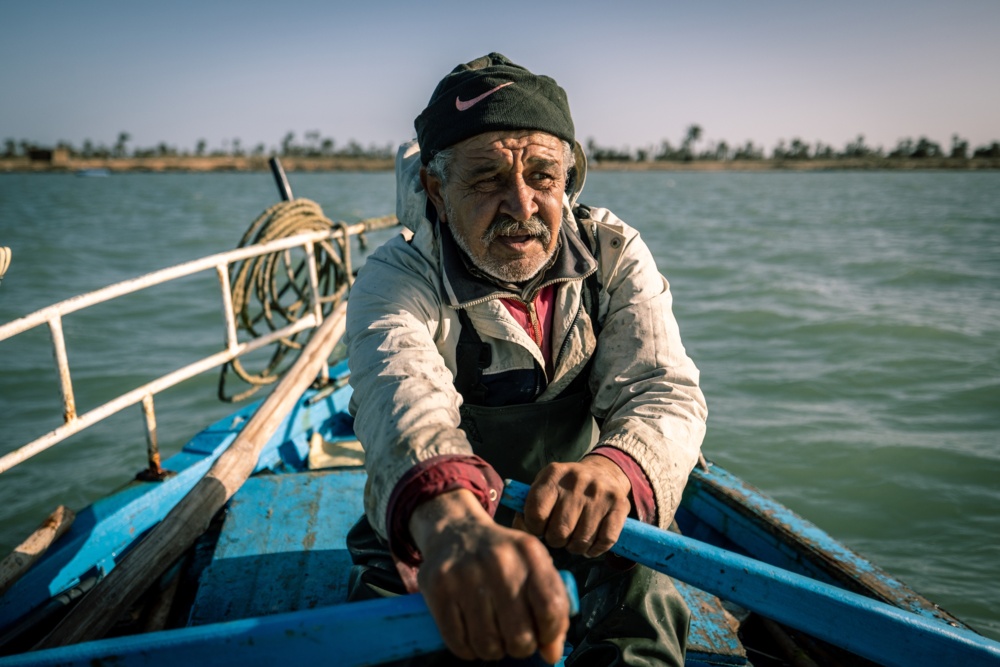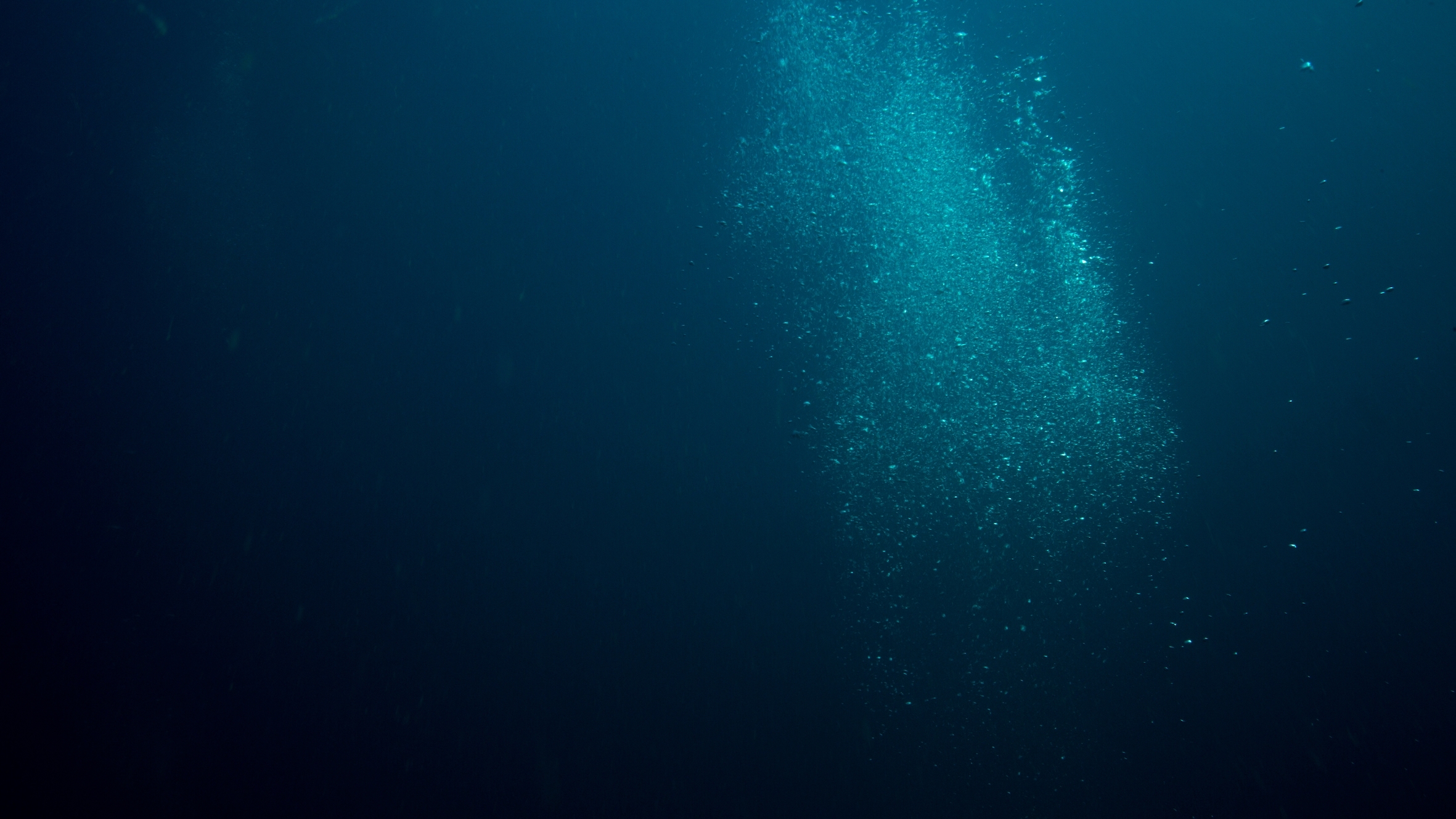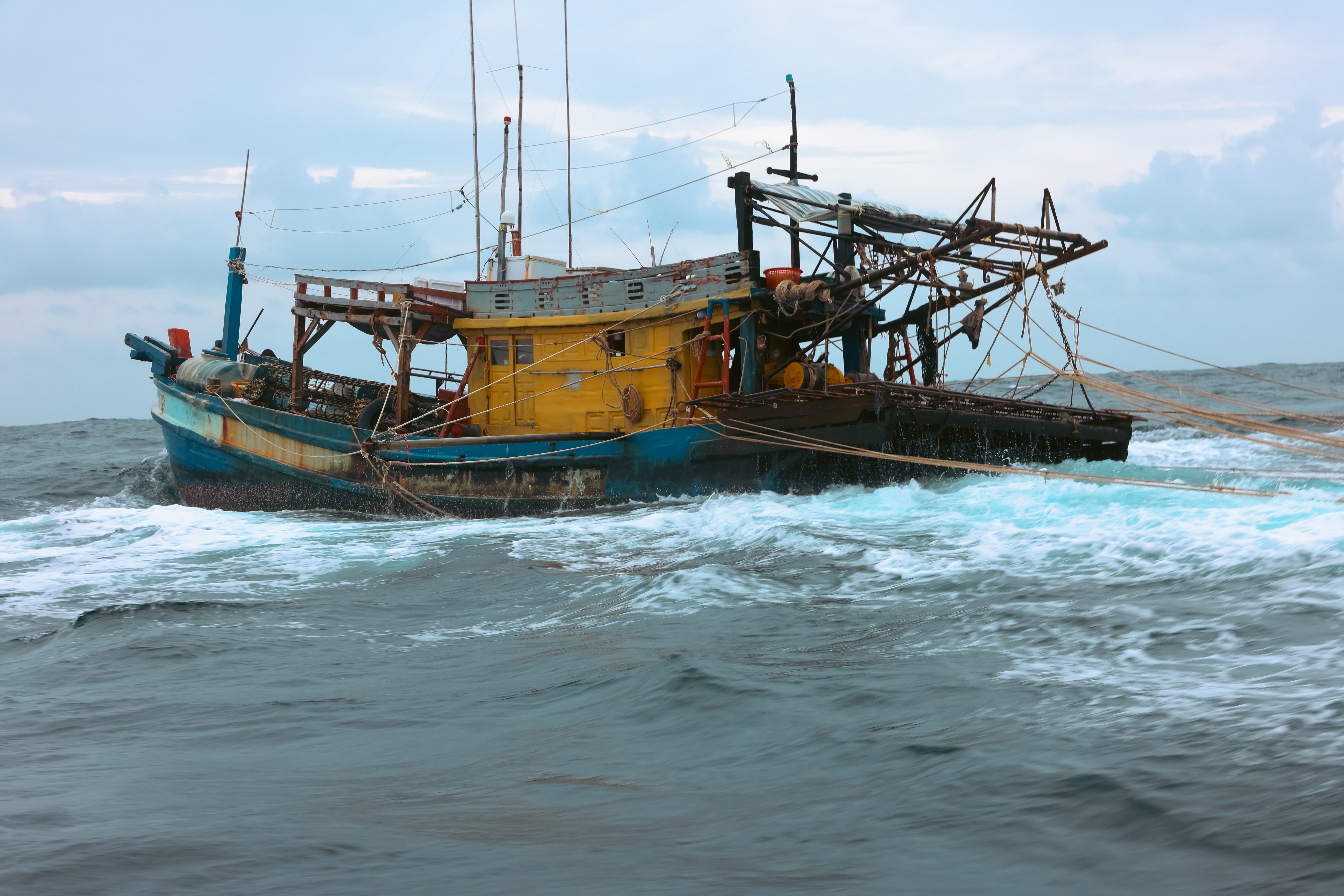
Kiss trawling in Tunisia is destroying livelihoods, culture and important marine ecosystems: new report
The Gulf of Gabès in Tunisia has exceptional cultural, environmental and socio-economic importance, but its local traditions, economies and rich marine habitats are disappearing. A form of illegal bottom trawling, known locally as kiss trawling, is responsible. To protect this vital region, immediate action is needed to end kiss trawling, according to new investigations by the Environmental Justice Foundation (EJF) and FishAct.
Kiss trawling is causing sustained, severe damage to this biologically diverse ecosystem, say the NGOs. The gulf houses one of the largest remaining expanses of Posidonia oceanica. This seagrass, native to the Mediterranean, sequesters carbon at up to 70 times the rate of tropical forests, absorbing around 15-20% of Tunisia’s CO2 emissions. Additionally this vital seagrass is subject to regional protection under the Barcelona and Bern Conventions.
This seagrass also protects Tunisia’s coast from erosion, enhances water quality and serves as an important nursery area and habitat for many marine species, including endangered sharks, sea turtles and commercially-important fish. Consequently, this illegal kiss-trawling which endangers the meadows also poses a direct threat to the climate, to wildlife and to sustainable ocean economies, according to the report.
Bottom trawling is one of the most unselective and destructive forms of fishing, say the NGOs, and kiss trawling is no exception. Kiss trawlers are small vessels commonly under 10 metres in length operating in shallow waters. They use small mesh nets with bycatch levels of up to 95%, much of which is discarded.
Despite being illegal under Tunisian law, kiss trawling is practised openly with little effort to hide these operations. The practice has multiplied over the past decade, with the number of trawlers increasing by over a third between 2018-2022, the investigations find. EJF investigators documented kiss trawling at around one nautical mile from the shore, in apparent contravention of regional management measures aimed at conserving vulnerable sharks and rays implemented by the General Fisheries Commission for the Mediterranean (GFCM).
Artisanal fishers report that they cannot compete with kiss trawlers. Charfia fishing, a traditional method unique to the Kerkennah Islands which was included in the UNESCO Representative List of Intangible Cultural Heritage of Humanity in 2020, is a low-impact form of fishing which has been passed from generation to generation.
Charfia and other small-scale fishers say their traditional practices may disappear in the face of kiss trawling, that trawlers damage their gear, and that fish populations are declining sharply in the face of this illegal fishing. Seeing no other option, some have been forced to transition to kiss trawling themselves.
The investigations also found that EU Member States may be importing seafood caught illegally by kiss trawlers, in contravention of EU legislation which aims to end illegal, unreported and unregulated fishing. Fish caught by kiss trawlers is suspected of being laundered into legal supply chains, primarily to Italy and Spain.
As the most important market for seafood from Tunisia, the EU has a responsibility to ensure the food on their shelves is legal and sustainable, say the NGOs. The report also recommends action by Tunisia’s government and the GFCM to bring an end to kiss trawling fairly and sustainably.
Steve Trent, EJF CEO and Founder, said, “These investigations make it clear that illegal bottom trawling directly harms a critically important ecosystem in the Gulf of Gabès, and the wildlife and people dependent on it. A sustainable way of life is disappearing, and the important role of seagrasses in sequestering carbon is seriously threatened. Tunisian, EU and GFCM leaders must take action to protect the Gulf of Gabès now and ensure a just transition for impacted communities.”
Sofian Zerelli, FishAct Investigations Campaigner, said, “Unique seagrass meadows and the ocean wildlife they house are at risk, in large part because of illegal kiss trawling. To survive, people are left with no choice but to join the practice. It’s time to end this vicious cycle. This investigation shows that the Tunisian government, the EU institutions and the GFCM can break it. We demand they defend this treasure trove of biodiversity and the coastal livelihoods it supports.”
ENDS
Notes for editors
85% of Tunisia's population lives near the coast.
The worsening economic situation in Tunisia, compounded by the impacts of COVID-19 and declining fisheries, has left artisanal fishers in an extremely precarious position.
Fishers interviewed by EJF and FishAct expressed desperation at their situation and a readiness to migrate – young people in particular have left the Kerkennah Islands in search of employment opportunities elsewhere.
Tunisia is experiencing some of the highest rates of coastal retreat in the world. The direct costs of coastal erosion for Tunisia are estimated to be US$1.1 billion annually.
The Gulf of Gabès is one of the most important fishing areas in Tunisia and suffers from the highest levels of overfishing.
The Kerkennah Islands are home to around 15,500 inhabitants who are heavily reliant on the sea for their livelihoods.
Posidonia oceanica meadows have experienced extensive losses, regressing by an estimated 34% over the past 50 years.
A 2020 study estimated the economic loss from seagrass degradation in the Gulf of Gabès at around €60 million in 2014 alone, with a cumulative economic loss to coastal fisheries of approximately €750 million between 1990 and 2014.
Over 650 species of marine fauna have been reported in the Gulf of Gabès. In total, 48 species of shark and ray have been reported in the area. The gulf is also one of the most important sites for marine turtles in the Mediterranean, serving as an overwintering and foraging area.
Read our new report here and watch our film here.
The Environmental Justice Foundation is an international non-governmental organisation working to protect the environment and defend human rights. EJF is a charity registered in England and Wales (1088128). www.ejfoundation.org
FishAct is a grassroots marine conservation movement of volunteers from all over Europe working to preserve healthy oceans full of life. FishAct is a registered non-profit in Germany with over 20 volunteers in 4 countries. Almost 50 citizen inspectors support our investigative work. www.fishact.org
For more information contact:
EJF Press Office
SIGN UP FOR OUR EMAILS AND STAY UP TO DATE WITH EJF

